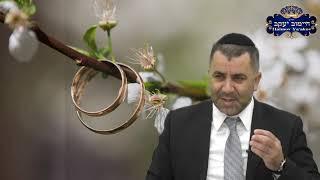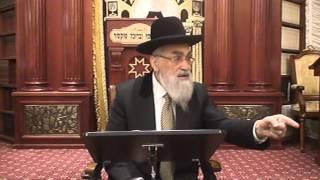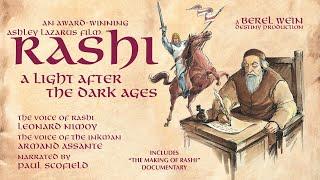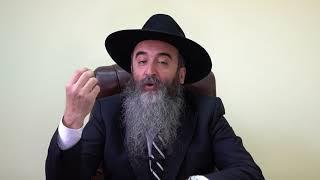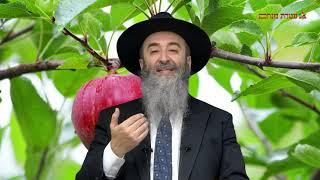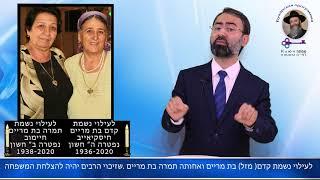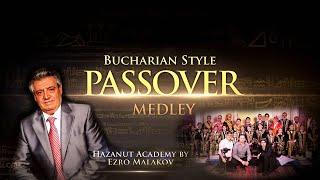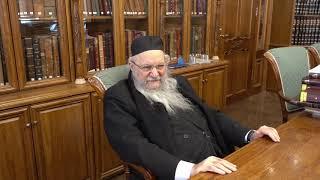Problems playing the video? Click Here to reload
Watch Videos: Random | New | Popular
All Essays | Report Video
|
Share Video
- Buy Us a Coffee -
Rebbe Menachem Mendel Schneerson
The "Second Passover" sacrifice was offered as a restitution for the Pascal sacrifice, for someone who was ritually impure or too far away from the Temple at the time of Passover. But Jewish law rules that a non-Jew who converts to Judaism right after Passover, or a child who comes of age right after Passover, must also bring a "Second Passover" sacrifice, even though they were not obligated to bring a sacrifice on the first Passover. The Talmudic commentaries explain that Second Passover has two facets to it: On the one hand, it is "restitution"; on the other, it is a celebration in its own right.
There are two lessons taught by Second Passover. First, there is the famous adage of my father-in-law, the Rebbe, that Second Passover teaches us that "no situation is ever completely lost." But this is relevant only to someone who appears to be "lost." What about the person who hasn't "lost" anything at all, for he was never "obligated"? Second Passover comes and teaches a second, new, concept: every Jew must continuously progress in G-d's ways. A Jew may never be satisfied with his present spiritual state, even if everything appears to be perfect. When a new month comes along, it demands that you reach a new spiritual level, even compared to what you attained last month, on Passover.
14 Iyar, 5744 · May 16, 1984
From Living Torah Disc 88 Program 349
Watch full-length videos of the Rebbe: https://go.jem.tv/YT (microdonation)
FOLLOW US
Facebook: @JewishMedia @JEMDailyVideo
Instagram: @Jewish_Media
Twitter: @JEMediaOrg
YouTube: JewishMedia
Website: JEMCentral.org
in english
The "Second Passover" sacrifice was offered as a restitution for the Pascal sacrifice, for someone who was ritually impure or too far away from the Temple at the time of Passover. But Jewish law rules that a non-Jew who converts to Judaism right after Passover, or a child who comes of age right after Passover, must also bring a "Second Passover" sacrifice, even though they were not obligated to bring a sacrifice on the first Passover. The Talmudic commentaries explain that Second Passover has two facets to it: On the one hand, it is "restitution"; on the other, it is a celebration in its own right.
There are two lessons taught by Second Passover. First, there is the famous adage of my father-in-law, the Rebbe, that Second Passover teaches us that "no situation is ever completely lost." But this is relevant only to someone who appears to be "lost." What about the person who hasn't "lost" anything at all, for he was never "obligated"? Second Passover comes and teaches a second, new, concept: every Jew must continuously progress in G-d's ways. A Jew may never be satisfied with his present spiritual state, even if everything appears to be perfect. When a new month comes along, it demands that you reach a new spiritual level, even compared to what you attained last month, on Passover.
14 Iyar, 5744 · May 16, 1984
From Living Torah Disc 88 Program 349
Watch full-length videos of the Rebbe: https://go.jem.tv/YT (microdonation)
FOLLOW US
Facebook: @JewishMedia @JEMDailyVideo
Instagram: @Jewish_Media
Twitter: @JEMediaOrg
YouTube: JewishMedia
Website: JEMCentral.org
in english
- Category
- Pesach Sheni
- Tags
- Rebbe, Chabad, Lubavitch, pesach sheni
Commenting disabled.







